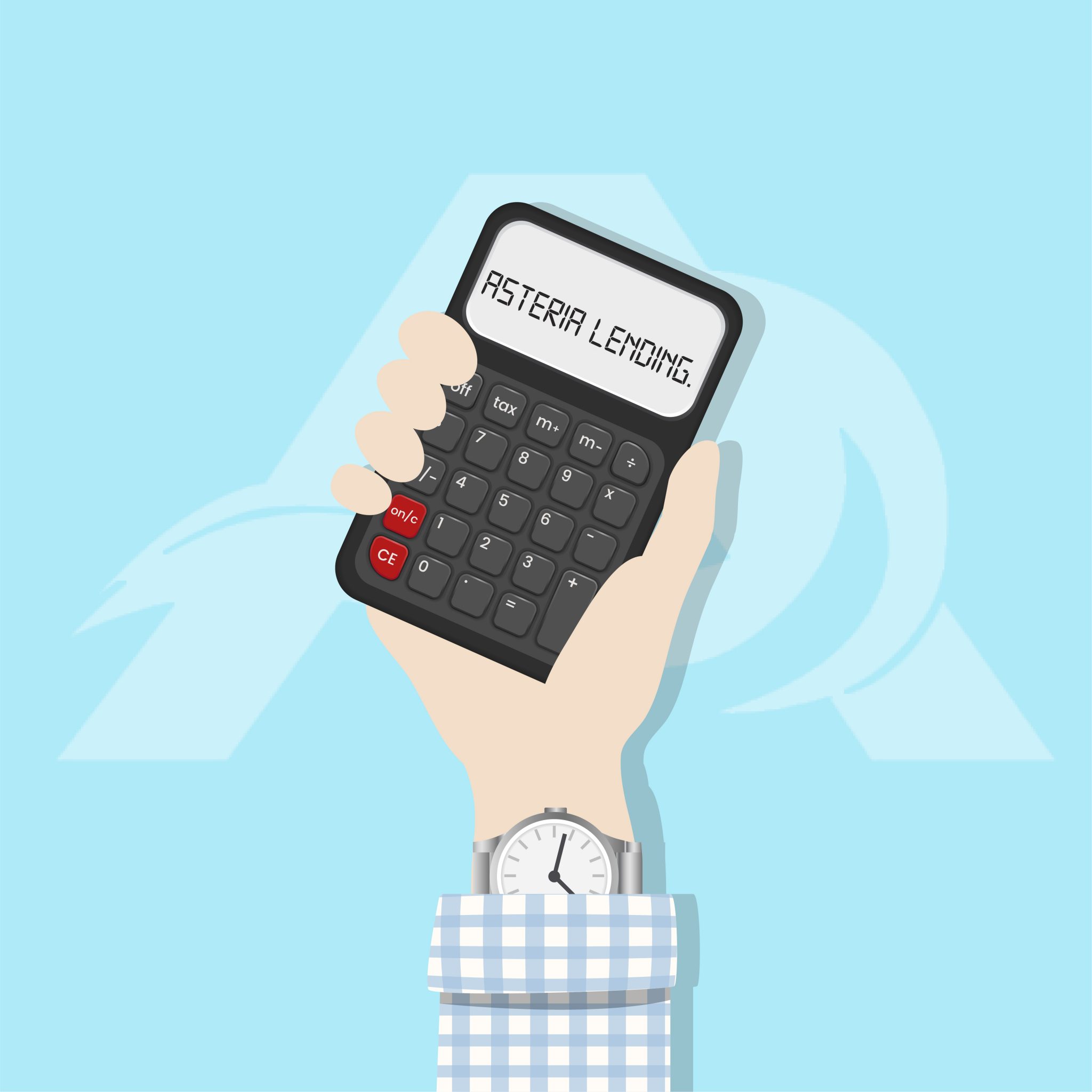Asteria Lending Inc. Unit 306 3/F 6762 National Life Insurance Bldg. San Lorenzo, Ayala Ave. Makati City
We’re Open: Mondays – Fridays
Office Hours:
9:00 am – 7:00 pm
Email:
[email protected]

![]()
The discipline of completing a budget will help you to focus on your money issues. Having your finances on paper will help you to understand what is needed to live your life comfortably and within your means. Budgeting saves money in the long run because…
It helps you to avoid buying on impulse. Consider seriously if you need the goods or if you want it for some other reason. Can you do without it? If you really need an item, then plan for it in your budget. Learn to distinguish between a “need” and not a “want” and put that money aside until you can purchase it. Sometimes this can seem like a grey area but be honest with yourself, and you will find you spend less.
• If you only use your credit card for items planned in your budget, you know that you can repay the debt when due next month. This saves on paying interest charges which are amongst the highest rates.
• It encourages self-control. When you have self-control, you are more likely to save rather than spend.
• Having a budget in place makes you are aware of your monthly expenses. You can see if you are blowing your budget by spending too much, and in what areas. You can then take steps to control your spending.
• Habits are created by putting money aside regularly. In your budget set up a regular deduction so that a percentage of your income goes to savings; for an emergency fund, a specific goal, and retirement.
• You can calculate the money needed for your goals and include this in your budget. Work out the amount you need to achieve your goals in the time frame you require. For example, if you want to save $1,200 for next year, you will need to put aside $100 a month.
• You have a record of your monthly utility bills and can make inquiries with rival companies to see if it is possible to save by lowering the monthly costs.
• When you do a budget, you must list your out-goings and subtract this from your income. In this way, you will know if there are problems and can work out ways to reduce your discretionary spending.

![]()
The mere fact of having to list your expenses you will no longer find that you spend money without thinking. It makes you more aware, and you will discover budgeting saves money.
The world economy is very tough right now, and it may not be getting better for some time. Watching how much you spend and what you spend it on is important more now than ever. For the past few years, the US has had a dismal savings rate, and many people are paying the consequences for their lack of preparation. Saving does not really work if you keep spending but saving and skimping on the spending can be a successful combination.
This is not because we do not make enough, but rather because we spend beyond our means. It is time to start to re-evaluate what is more essential and holding yourself accountable for those liberal spending habits.
An excellent method to help us discipline yourself is to set up a personal budget.
Your own budget should have all of your income streams as well as all of your expenses. For few months track everything you spend money on and all the money you make. This will give you an excellent idea of where all your money is going and put into reality how much you may be spending.
The next step is for you to create a very strict budget as to what you will be allowed to spend money on. The most important things should come first, such as rent and insurance, and then you can set aside some money for shopping or social activities. Also, write down in your budget what you plan on saving each month and stick to it.
After you must have broken down everything you spend money on and set yourself up a budget, you can look into the saving aspect of things. Saving will help you in the future, and more importantly, it will set aside some emergency reserves for tough times.
There is a rule of thumb that you should save somewhere around 10% of your gross income. This is a good number but by no means where you should stop. By looking at your budget, you should have a better idea as to how much you feel comfortable saving. Ensure to make this the first thing you do every month.
Remember it’s about saving more and spending less. With some self-discipline, you will start to see dramatic results in your bank account and might feel a little better the next time your credit card bill arrives.
Finally, make your money earn more money. While there are no simple ways to do this, there are many ways to put your money to work. Here is what you can do to make your money earn more: open a high-yield savings account, invest your money in the stock market, create a passive income, store your money in a retirement account, become a partner in a new business.
These are simple ways to start saving and managing your money. When you form a saving habit, you’ll be inspired to save more and hit your financial goal faster.